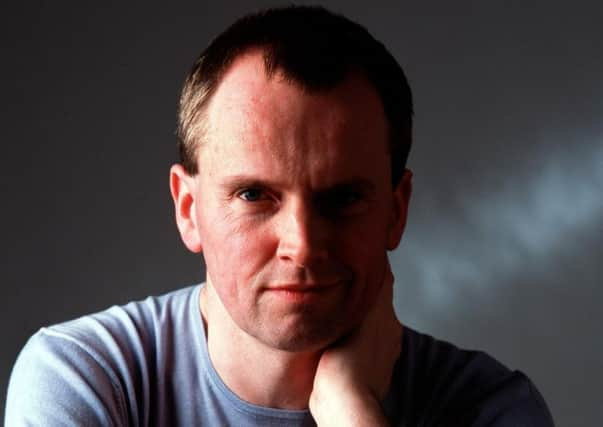Cumnock Tryst reviews: Steven Osborne | Festival Promenade Concert


The Scots pianist was in Trinity Church on Saturday for a keynote recital of Beethoven’s final three sonatas, works he addressed with startling originality and authority on disc earlier this year. But to hear them in the flesh, and to experience and observe Osborne’s meticulous thought process as he untangled the seemingly unfathomable, was a visceral thrill.
These are sonatas – Op 109-111 – that possess some of Beethoven’s calmest, most sublime writing. Even where the music erupts with soul-searching venom, the resolution is predominantly one of peace and acceptance. Such thoughts seemed central to Osborne’s performances, which burned with a luminous glow, every detail of inner texture measured to perfection and given its place.
Advertisement
Hide AdAdvertisement
Hide AdThese are also, as Osborne observed in his personable introductions, works in which the composer reversed the sonata norm, the weight of argument transferred to the final rather than opening movement. In response, his Op 109 emerged like a nocturnal dream, deliciously understated, the ensuing Prestissimo feverish and perfunctory before the meat of the final variations, some as nimble and spare as Scarlatti, some as sweetly lyrical as Chopin, but delivered here with the organic continuity implicit in their evolving complexity.
Op 110 forced the temperature up, the fireworks of the second movement unleashed with fearsome restraint. Then the monumentalism of Op 111, the mountainous emotional journey of the final movement – its mind-bending “boogie-woogie” variation as startling as it is audacious – intensified, somewhat paradoxically, by Osborne’s intellectualised restraint.
Here is a pianist who thinks deeply and meaningfully about every note he plays. He does not submit to mere reverence. He brings the composer back to life on his own terms. Simply superb.
Yesterday’s Festival Promenade Concert (****) was a musical journey through three rooms within the Palladian splendour of Dumfries House, performed by members of Mr McFall’s Chamber.
The acquiescent neoclassicism of Ukrainian composer Valentin Silvestrov (pianist Simon Smith capturing the essence of its blurry images) sat well in the panelled warmth of the Tapestry Room, pianist Simon Smith capturing the essence of its blurry images and timeless resonance.
Then to the Entrance Hall for clarinettist Maximiliano Martin, whose virtuoso one-man delivery of Franco Donatoni’s Clair probed the wildest expressive extremes of the instrument.
Finally, in the Great Steward’s Dining Room, the conversational introspection of Penderecki’s Clarinet Quartet, and White Room, a Festival commission from the young Ayrshire composer Gillian Walker, influenced by the “white room” concept of Charles Rennie Mackintosh interiors, and realised intriguingly through a musical journey of multi-layered moto perpetuo, fragmentation and warmer harmonic resolution. Ken Walton